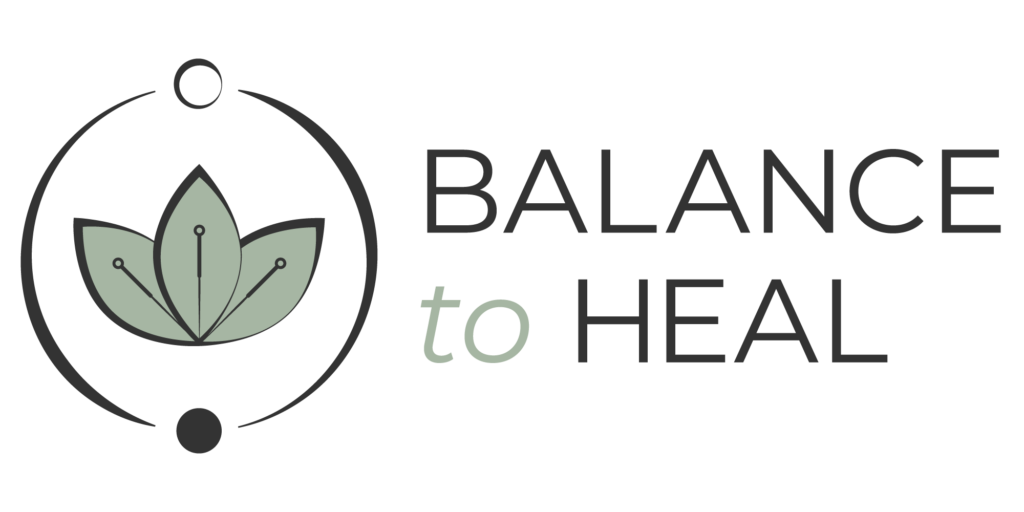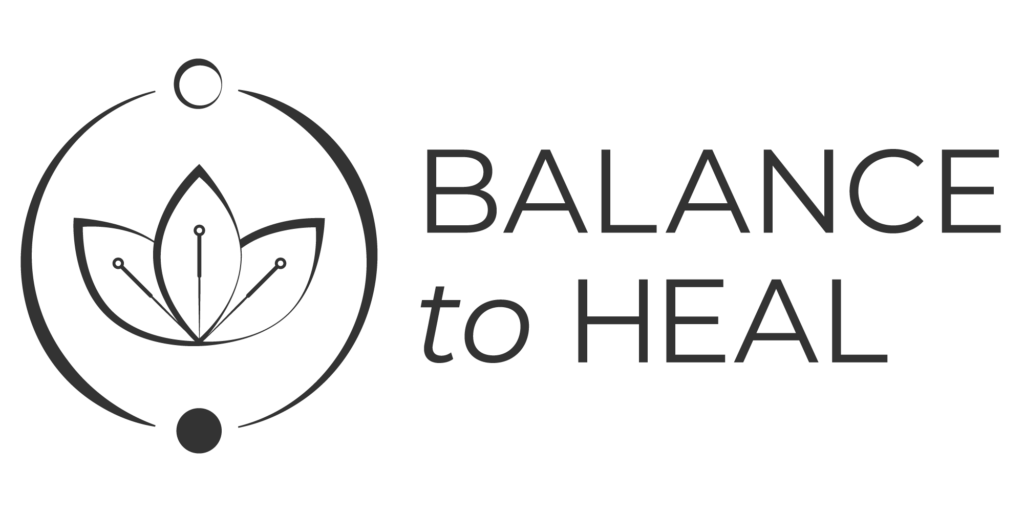Acupuncture Therapy
Acupuncture is a practice rooted in traditional Chinese medicine, with a history spanning over 3,000 years. It has become one of the most widely practiced complementary and alternative therapies worldwide.
About the practice
In traditional Chinese medicine, acupuncture involves inserting thin needles into specific points on the body to balance the flow of energy, known as Qi (pronounced “chee”). From a Western medical perspective, these acupuncture points are thought to stimulate the central nervous system, triggering the release of chemicals in the muscles, spinal cord, and brain. These biochemical reactions may enhance the body’s natural healing processes.

Acupuncture benefits


01.
Effective Pain Relief
Acupuncture is widely recognized for its ability to relieve pain. Studies show that it can reduce pain by stimulating the body’s natural painkillers—endorphins and serotonin. It is especially effective for chronic conditions like back, neck, and joint pain, as well as migraines and arthritis. According to a study published in The Journal of Pain, acupuncture significantly reduces the intensity of chronic pain.
02.
Reduces Stress
Stress is one of the leading causes of illness in today’s fast-paced world. Acupuncture lowers stress hormones like cortisol, while increasing the production of “feel-good” hormones such as endorphins. Research published by Harvard Medical School shows that acupuncture can reduce stress by affecting the body’s autonomic nervous system, creating a sense of calm and balance.
03.
Improves Sleep
If you struggle with insomnia or irregular sleep patterns, acupuncture may help. It works by regulating the body’s circadian rhythm and increasing melatonin production. A study in the Journal of Sleep Medicine found that acupuncture improved sleep quality and duration in individuals suffering from insomnia.
04.
Strengthens Immunity
Acupuncture enhances immune function by stimulating the body’s natural defense mechanisms. Regular sessions can improve your body’s ability to fend off colds, infections, and other illnesses. Research in The American Journal of Chinese Medicine found that acupuncture boosts immune cell activity, promoting better health and vitality.
05.
Emotional Well-being
Acupuncture is also effective in treating anxiety, depression, and mood disorders. By balancing the flow of energy (Qi) through specific meridians, acupuncture helps regulate emotions and promote mental well-being. A meta-analysis published in The Journal of Acupuncture and Meridian Studies concluded that acupuncture significantly reduces symptoms of anxiety and depression.
06.
Enhances Digestive Health
From indigestion and bloating to more complex conditions like IBS, acupuncture can enhance digestive function. By stimulating key meridian points, acupuncture helps balance the digestive system, promoting better nutrient absorption and smoother digestion. A clinical trial in The World Journal of Gastroenterology confirmed acupuncture’s positive effects on reducing gastrointestinal disorders.
Community acupuncture
Community acupuncture provides treatments in a safe and comfortable group setting, making it more accessible and affordable for everyone. Instead of private rooms, sessions take place in a shared, quiet space, where up to 8 people will receive acupuncture at the same time.
The relaxed, communal environment adds a unique, healing atmosphere. Community acupuncture is perfect for those who need frequent treatments, have less financial means, or simply enjoy the sense of shared healing.
These sessions will focus on any of the issues below:
- Headaches and migraines
- Muscle stiffness and general tension
- Stress and anxiety
- Insomnia and sleep disturbances
- Digestive issues (bloating, constipation, mild nausea)
- Strengthen immunity
- Seasonal affective symptoms (low mood during winter)
- Mild depression or mood swings
Cosmetic Acupuncture
A natural facial rejuvenation treatment that stimulates collagen, improves skin tone, and softens fine lines using gentle acupuncture. It enhances circulation and radiance while supporting overall balance from within.
On your first visit, we will begin with a personal intake to understand your overall health and skin goals. You’ll receive gentle acupuncture on the body and the face, supporting internal balance and stimulating natural rejuvenation. Once the needles are removed, the session ends with a soothing facial massage using nourishing oils to leave your skin glowing and your mind deeply relaxed.
Cosmetic acupuncture uses ultra-fine, single-use needles that are even thinner than those used in regular treatments. Most clients find the experience incredibly calming—both for the skin and the nervous system.
For lasting results, a series of 10–12 weekly sessions is recommended, with visible improvements often noticed after around 5 treatments. To maintain the effect, a follow-up every 6 weeks is ideal.

Fire Cupping
Fire cupping is a traditional therapy originating from Chinese medicine. In this technique, glass cups are heated with fire and then quickly placed on the skin. The heat creates a vacuum, which gently pulls the skin upward into the cup. This stimulates blood circulation, promotes the removal of waste products, and helps reduce muscle tension and pain.
Fire cupping is often used for complaints such as back and neck pain, stress, fatigue, colds, and muscle blockages. The treatment can leave red or dark circles or marks on the skin, which usually fade after a few days.
It is a safe and relaxing method that supports the body’s natural healing ability.
Silicone Cupping
Silicone cupping is a modern variation of traditional cupping therapy. Instead of fire or a pump, flexible silicone cups are used, which can be easily pressed onto the skin to create a vacuum. These cups are ideal for both stationary and gliding (massage) techniques.
This form of cupping stimulates blood circulation, helps release adhesions in connective tissue, reduces muscle tension, and supports the removal of waste products via the lymphatic system. Silicone cupping is gentle, comfortable, and is often used for issues such as cellulite, tension headaches, stiff muscles, and stress.
The treatment may cause light pink to purple discoloration of the skin, which is a normal and temporary reaction.
Acupuncture price list
-
Acupuncture intake conversation and treatment - 75 minutes €80
-
Acupuncture treatment - 45 minutes €65
-
Acupuncture and relaxing massage combination - 75 minutes €75
-
Cosmetic acupuncture - 1 session - 90 minutes €100
-
Cosmetic acupuncture - 10 sessions package €900
-
Cupping - 30 minutes €30
-
Community acupuncture €20
*Prices include BTW.





